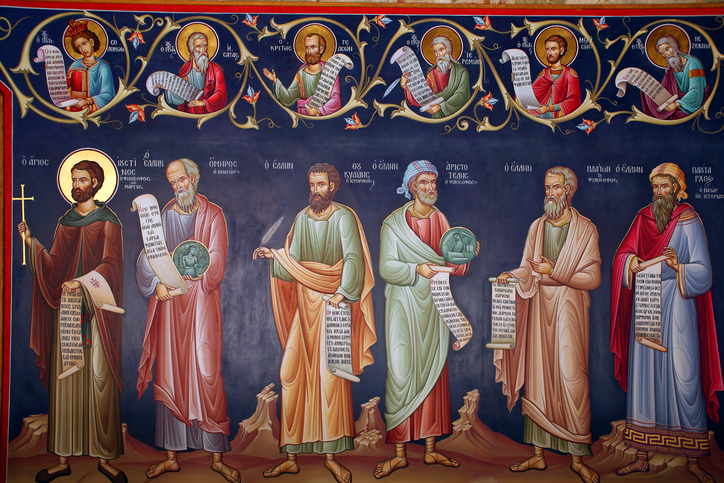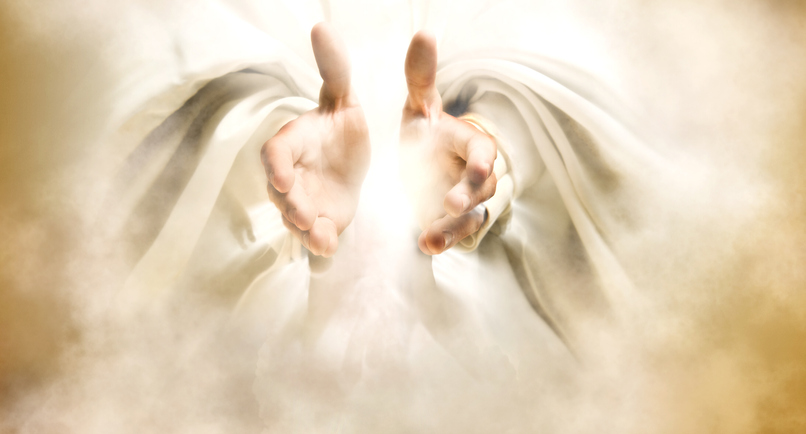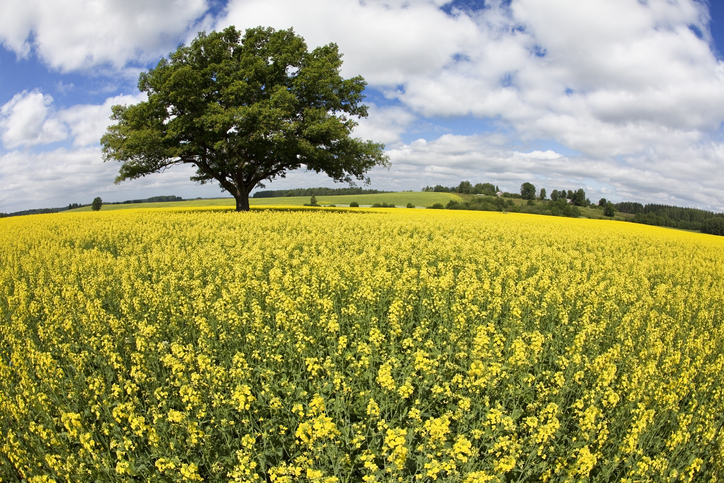Catholics are a curious group. More than any other Christian believers, they have a culture filled with saints. They name their children after saints, they invoke them in their speech, and they have holidays for them.
Yet, if asked, any given Catholic is not likely to sign up for sainthood. After all, in spite of their ubiquitous presence in Catholic culture, saints are a little suspicious. How could a ‘real’ person–one who enjoys the pleasure of food or drink, or Notre Dame football, whose life is marked by bursts of temper and a preference of friends over the needy–be a saint? No, thanks. Sainthood requires works of charity, continuous prayer, and a generally austere life. We’ll leave sainthood for the spinsters and milquetoasts, whose vocation is akin to being a doormat. Or maybe to the wild-eyed prophet who rebukes society for its excesses, and whose ascetic life justifies his self-righteousness.
Of course, it’s possible that our suspicions about saintliness are wrong. Perhaps the saints are actually people who have the most fun and are the most like what we all long to be. Maybe they just know something we don’t.
In his book, A Third Testament, 20th-century journalist Malcolm Muggeridge calls saints “God’s spies.” Like the “stay-behind agents” in occupied France, the saints are on a mission to ‘relate their time to eternity.” Muggeridge writes:
This has to be done every so often, otherwise, when the lure of self-sufficiency proves too strong, or despair too overwhelming, we forget that men need to be called back to God to rediscover humility, and with it hope. Between the fantasies of the ego and the truth of love, between the darkness of the will and the light of the imagination, there will always be a need for a bridge and a prophetic voice calling on us to cross it.
If we let them, the saints will use their voices to call us. But we need to get to know them, in order to understand the joy that they embraced.
One of the first places to become acquainted with the saints is in Scripture. The stories of the Old Testament are stories of God speaking to individuals and how those individuals respond to God. It is one of the best places to lose the notion that the saints are just goody-goody. Jonah running away from God’s leading, or Balaam beating his donkey, or David turning from God to adultery and murder are not stories of sweetness and light.
Yet when God called these people to Himself, they believed in His love and mercy, named their sins, and repented. Saints aren’t people who don’t sin; they are people who believe in God’s forgiveness.
Well, good for them, but what does this all have to do with me? The Church teaches we can have communion with these saints, who, unlike us, contemplate “in full light, God himself triune and one, exactly as he is.” (CCC 954). We may not understand his will or how to pray. But the saints do, and, just as we ask our friends and family on earth to pray for us, we can ask those in glory to pray for us as well. The Catechism describes their role:
The witnesses who have preceded us into the kingdom,especially those whom the Church recognizes as saints, share in the living tradition of prayer by the example of their lives, the transmission of their writings, and their prayer today. They contemplate God, praise him and constantly care for those whom they have left on earth. When they entered into the joy of their Master, they were ‘put in charge of many things.’ Their intercession is their most exalted service to God’s plan. We can and should ask them to intercede for us and for the whole world. (CCC 2683).
The ‘example of their lives, the transmission of their writings, and their prayer today’: these are the gifts the saints can give us. Knowing their life stories can show us that our difficulties are not unknown to God and not impossible to overcome. Reading their writings can teach us lessons that may not be popular in our culture and our time. And asking for their intercessions will join us to the Church Triumphant, who already lives in the presence of God and serves God’s plan perfectly.

Pamela Pettibone joined Diocesan’s staff in 2006, after a number of years in the non-profit sector. Her experience is in non-profit administration including management, finance, and program development, along with database management and communications. She was a catechist in her parish RCIA program for over 15 years, as well as chairperson of their Liturgy Commision. Received into the Catholic Church as an adult, Pamela’s faith formation was influenced by her Mennonite extended family, her Baptist childhood, and her years as a Reformed Presbyterian (think Scott Hahn).

















